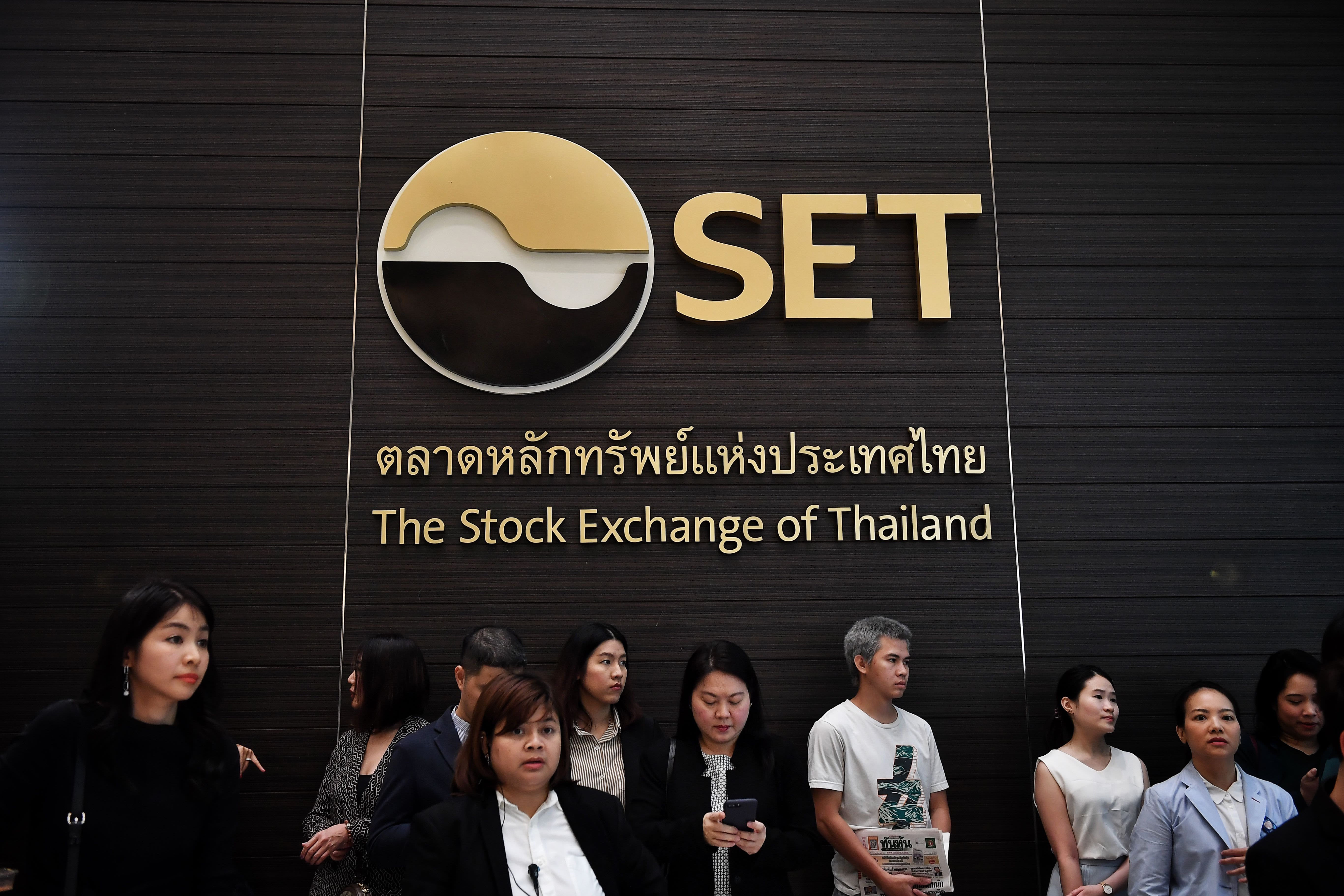
SINGAPORE — Thailand has dominated Southeast Asia’s initial public offering market so far this year, contributing more than 60% of total funds raised in the region, according to data by audit and consulting firm, Deloitte.
Thailand recorded 23 IPO launches from the start of the year to Nov. 15 — down from 34 for the whole of 2019, data by Deloitte showed. But funds raised so far in 2020 totaled around $ 3.94 billion, exceeding last year’s roughly $ 3 billion, according to Deloitte.
The consultancy studied IPO trends in six major Southeast Asian stock markets: Indonesia, Malaysia, the Philippines, Singapore, Thailand and Vietnam.
Across Southeast Asia, there were 100 new listings that raised $ 6.44 billion as of Nov. 15. Both the number of offerings and amount of funds raised were lower than last year’s, when 161 IPOs raised $ 7.34 billion, said Deloitte.
Thailand’s dominance came even though its economy, which is heavily reliant on tourism, is one of the region’s hardest hit by the coronavirus pandemic. The International Monetary Fund forecast Thailand’s economy could shrink by 7.1% this year — the second-worst projected contraction in Southeast Asia after the Philippines.
But the listings of several homegrown companies in Thailand this year appealed “strongly” to investors and fund managers, said Wilasinee Krishnamra, disruptive events advisory leader at Deloitte Thailand, in a webinar last week.
Disruptive events advisory is the team at Deloitte that oversees activities such as IPOs, mergers and acquisitions, divestments, as well as new joint ventures.
Among the IPOs in Thailand this year was the country’s largest retail departmental store operator, Central Retail Corporation or CRC, said Krishnamra. The offering was launched before the pandemic and raised $ 1.77 billion — the largest ever in Thailand, she added.
Investors were drawn to CRC’s public listing because of the company’s “strong reputation” and “rapidly expanding business” to overseas markets in Southeast Asia and Europe, she explained.
Thailand vs. Singapore
Thailand looks set to beat Singapore for the second consecutive year to take the top spot in Southeast Asia’s IPO market, according to data by Deloitte.
Singapore, a major financial center, has so far only seen eight new listings that raised $ 852 million this year. That’s compared with 11 IPOs that raised $ 2.26 billion throughout 2019, the data showed.
But the city-state in 2020 attracted its first major non-REIT IPO in years when Nanofilm Technologies International listed on the Singapore Exchange. The company provides protective coating materials for smartphones and televisions.
REITS, or real estate investment trusts, are publicly traded companies that own, operate or finance properties that generate income. Singapore is a global hub for REITs, which dominated IPOs in the city-state in the last few years.
Investors can expect more Singapore-based companies to list on the stock market — a trend not seen last year but started to emerge in 2020, said Tay Hwee Ling, disruptive events advisory leader at Deloitte Southeast Asia and Singapore.
“Under uncertain market conditions, companies with quality and sizeable base will think of capturing the opportunity (by) raising additional funds from the capital market to expand and grow,” Tay said in a webinar last week.
But Thailand, too, could see momentum in IPO activity into the next year, said Krishnamra. One factor likely to drive more IPO activity is plans to ease rules to attract more listings by foreign companies, she explained.
The Stock Exchange of Thailand has also said that it wants to launch a new stock market for start-ups, as well as small- and medium-sized enterprises, she added.
Around 25 companies are currently in the pipeline to go public in Thailand, the largest among them is PTT Oil and Retail Business, said Krishnamra.
The company, a spinoff from the country’s national oil and gas conglomerate PTT, runs PTT’s petrol stations and non-oil businesses that include franchise rights to several food and beverage chains, as well as convenience stories.


